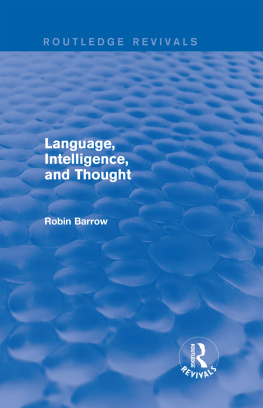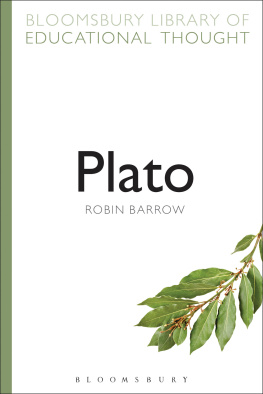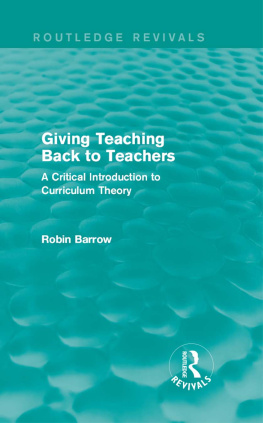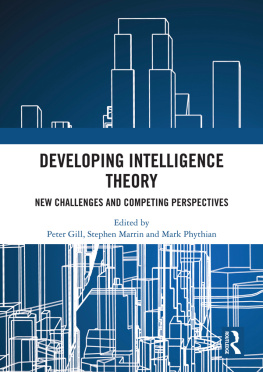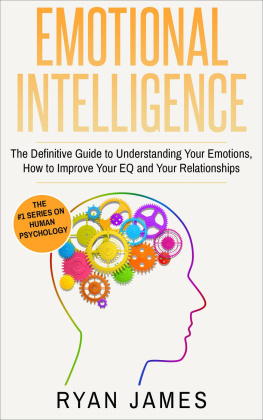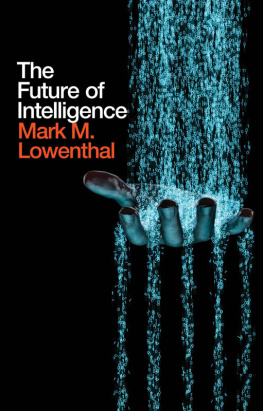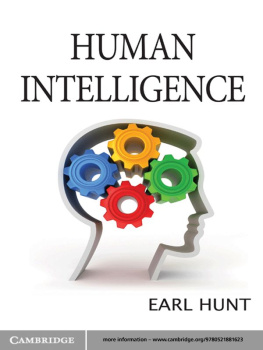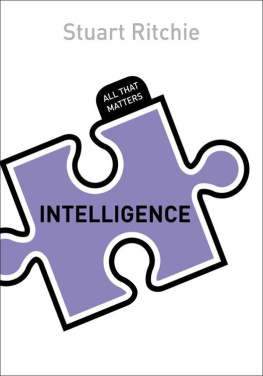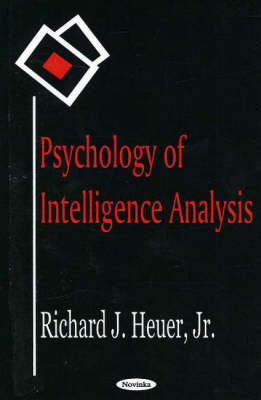
Routledge Revivals
Language, Intelligence, and Thought
In this text, first published in 1993, Barrow decisively rejects the traditional assumption that intelligence has no educational significance and contends instead that intelligence is developed by the enlargement of understanding. Arguing that much educational research is driven by a concept of intelligence that has no obvious educational relevance, Dr Barrow suggests that this is partly due to a widespread lack of understanding about the nature and point of philosophical analysis, and partly due to a failure to face up to the value judgements that are necessarily involved in analysing a concept such as intelligence. If intelligence is to be of educational significance, it must be understood in terms that allow it to be educable. Written by a philosopher of education, this study offers a reasoned and extended argument in favour of an original view of philosophical analysis. It focuses on the issue of intelligence from a philosophical perspective. It should be of interest to students of education, philosophy and the philosophy of education alike.
Language, Intelligence, and Thought
Robin Barrow

First published in 1993
by Edward Elgar
This edition first published in 2015 by Routledge
2 Park Square, Milton Park, Abingdon, Oxon, OX14 4RN
and by Routledge
711 Third Avenue, New York, NY 10017
Routledge is an imprint of the Taylor & Francis Group, an informa business
1993 Robin Barrow
The right of Robin Barrow to be identified as author of this work has been asserted by him in accordance with sections 77 and 78 of the Copyright, Designs and Patents Act 1988.
All rights reserved. No part of this book may be reprinted or reproduced or utilised in any form or by any electronic, mechanical, or other means, now known or hereafter invented, including photocopying and recording, or in any information storage or retrieval system, without permission in writing from the publishers.
Publishers Note
The publisher has gone to great lengths to ensure the quality of this reprint but points out that some imperfections in the original copies may be apparent.
Disclaimer
The publisher has made every effort to trace copyright holders and welcomes correspondence from those they have been unable to contact.
A Library of Congress record exists under LC control number: 93001121
ISBN 13: 978-1-138-92583-0 (hbk)
ISBN 13: 978-1-315-68354-6 (ebk)
Language, Intelligence, and Thought
Robin Barrow
Robin Barrow 1993
All rights reserved. No part of this publication may be reproduced, stored in a retrieval system, or transmitted in any form or by any means, electronic, mechanical, photocopying, recording, or otherwise without the prior permission of the publisher.
Published by
Edward Elgar Publishing Limited
Gower House
Croft Road
Aldershot
Hants GU11 3HR
England
Edward Elgar Publishing Company
Old Post Road
Brookfield
Vermont 05036
USA
A CIP catalogue record for this book
is available from the British Library
Library of Congress Cataloging-in-Publication Data
Barrow, Robin.
Language, intelligence, and thought / Robin Barrow.
144 p. 23 cm.
1. Intellect. 2. EducationPhilosophy. 3. Intelligence levels.
I. Title.
BF431.B34 1994
153.9dc20
931121
CIP
ISBN 1 85278 094 0
1 85278 095 9 (paperback)
Printed in Great Britain at the University Press, Cambridge
For my mother, Awdry Gilchrist Barrow (ne Wrightson), with love.
Contents
I am particularly indebted to Drs Sharon Bailin, Kieran Egan (both of Simon Fraser University, BC), and John Gingell (Nene College, Northampton), each of whom read the penultimate draft of this book with evident care. Interestingly, with one exception, no comment (friendly or unfriendly) made by any one of them was endorsed by either of the others. Thus, while many points in the argument were criticized by somebody, none of it (with the exception noted) was consistently condemned. In some cases this caused no problem: only one individual might have made the observation, none the less something clearly needed correction or improvement. In other cases, however, I had to decide whether to be sensitive to the concerns of one, or trust in the judgement of two. On the whole I did the latter. It will be evident therefore that on this occasion there is considerable truth in the conventional cry that the faults are my responsibility alone.
Victor Quinn (Bretton Hall, Leeds) kindly read the typescript at the final hour, and I have therefore not been able to do justice to all of his constructive criticism. I should, however, mention his concern that much of my argument, particularly about psychology, applies to North America but not to the UK. He has a point, I think, although it can be overstated. But my reaction is to stress that while it is obviously important that some such views as I criticize should be held by someone, my main concern is with contributing to clear argument on the subject, regardless of who actually holds what views at a particular time in a particular place.
Surjeet Siddoo has worked assiduously at the word processor in preparing this text, as she has on many previous occasions. But this time, even more than usually, if that is possible, her help has been invaluable as we have wrestled with the task of preparing camera ready copy. I can only record my profound gratitude for her patience, skill, and commitment over the years.
Largely Procedural
Imagine a man who lacks any noteworthy academic credentials, who is more or less ignorant of history (be it of the dawn of civilization, events leading to the Second World War, or his own country), who reads little more than the occasional thriller and newspaper, who is not particularly well informed on current affairs, and who has only a rudimentary understanding of general scientific theory. But suppose also that this man is a very good gardener (he has what some would call green fingers), that he runs a successful landscaping business, that he is religious and has some understanding of church doctrine and affairs, that he is kind and sensitive in his dealings with people, generally adjudged an excellent husband and father, and that he is blessed with the knack of swift and amusing repartee such that many would say he has a quick wit.
Now contrast this man with his brother and two sisters. His elder sister, also somewhat lacking in terms of formal education and quite without interest in the arts, is a highly successful (certainly wealthy) businesswoman. She lacks the light touch and witty response in conversation, but she is very knowledgeable about international politics and current affairs, and can be relied upon to get things done efficiently and well in the day-to-day practical sphere. The younger brother is a successful academic, whose personal life is somewhat erratic and who has no obvious practical skills. He is generally thought to be clever and is not an uninteresting companion, but he lacks the sparkle of his brother and the solid common-sense of his elder sister.
The other sister, like the academic brother, went to university and is well read in literature and history. She started adult life as director of a museum, switched to publishing, and then, in mid-life, started all over again, taking law exams, and became a solicitor. In each stage of her professional life she proved herself extremely capable, but her private life has always been unsatisfactory (even in her own view): she is in fact rather lonely and finds it hard to communicate with other people except in a rather serious, usually professional, manner.
Next page
